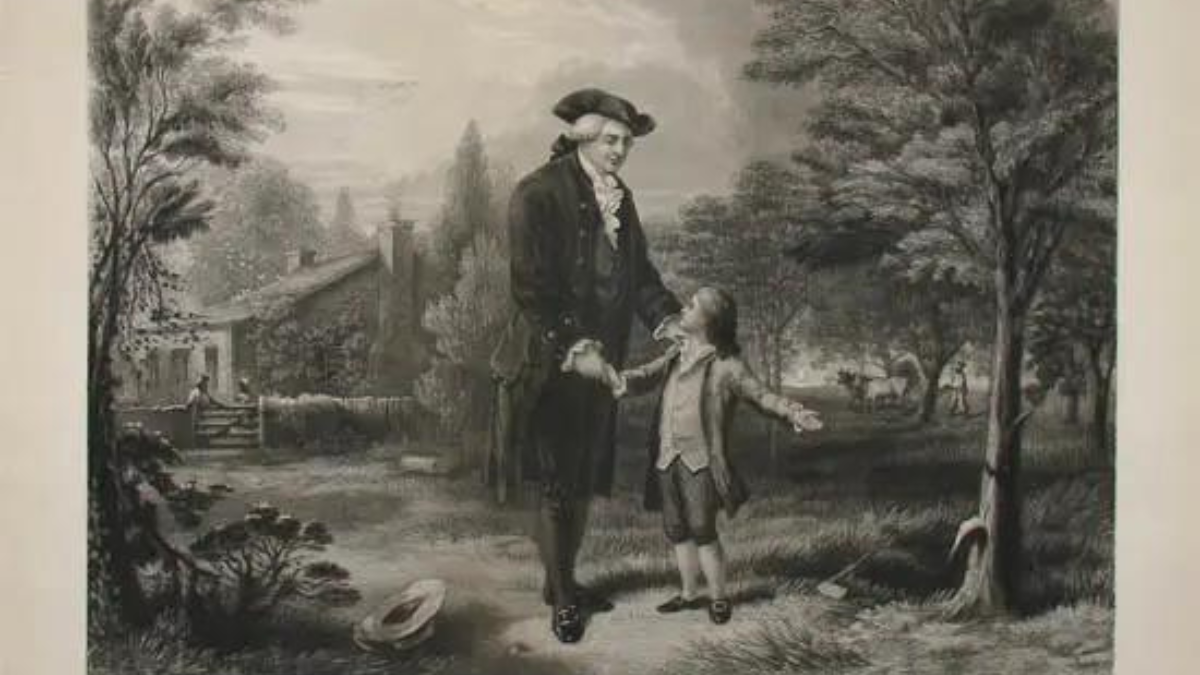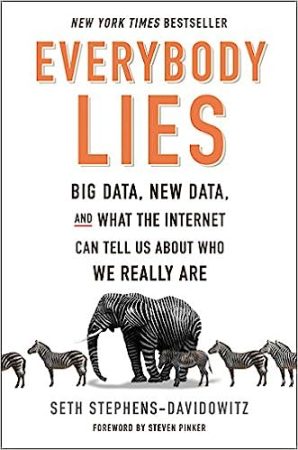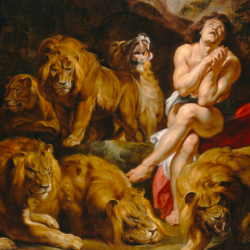Back in the 1740s, a young George Washington confessed to cutting down a cherry tree by proclaiming to his father, ‘I cannot tell a lie.‘ His father embraced him for telling the truth and declared that honesty was more valuable than a thousand trees.
I like this story because it illustrates how much respect Americans have for their cherished first president and honesty in general, but ironically, the story is a lie, invented by one of Washington’s biographers after his death.
Lies are everywhere. All of us lie. We hear them everyday. Maybe you’ve just got out of a presentation, listening to data and stories from people who just love your product/brand, all sounding perfect. But do you ask yourself if any of it is true?
The holy grail of my industry, research, is uncovering the say do gap. Claimed behaviour vs. actual behaviour. People are quick to tell us how they think they behave, but it often doesn’t match with how they actually behave. It’s not always deliberate, sometimes they just don’t know — we do so many things on autopilot that recalling actions, order & time are difficult and prone to error.
The title of Seth Stephens-Davidowitz’s excellent book Everybody Lies sums it up. Everybody does, sometimes accidentally, sometimes white lies to avoid offence, to cover ourselves, or because we are embarrassed. I’ve been deliberately lying to my kids for 10 years about the bearded fella who comes to the house every Christmas with a sackful of presents. We’re quick to judge a lie, but they’re a part of society. There is no arbiter to decide when a lie is acceptable or not.
And honesty is sometimes extremely uncomfortable, just watch any episode of Curb your Enthusiasm. Sure, we could all be a bit more Larry David, but we might have less friends, colleagues and clients. Honesty isn’t always the best policy — ask Gerald Ratner who famously got up on stage and was asked how it was possible for his company to be selling a sherry decanter for the amazing price of £4.95. He answered, to the amazement of his audience and his shareholders, ‘because it’s total crap.’ The company shares dropped by £500m in a matter of days.
Lying has become normalised in society and we can blame social media a little for increasing our awareness of lying (I don’t think the amount has increased, but the awareness has). We have entertainment shows rewarding lying (The Traitors, Would I Lie to You). We have our sources of news media systematically lying — Fox recently fined $787m over a lie that Rupert Murdoch said he could have intervened in, but didn’t.
So how do we go about uncovering the truth?
We could start with acknowledging that we have a problem, then challenging the knowledge we hold, the information we gather and establishing how ‘truthful’ what we ‘know’ is by constantly busting myths. We can’t allow the known knowns to bluster around a business unchallenged. We need to stop manipulating data to fit a story, to stop over relying on data. We need to understand the propensity of the firms we work for in hearing the truth.
In my world of research, our roles as purveyors and communicators of truth are under attack, and we have to do something about it if we’re to maintain our integral position in our organisations as the people that can influence commercial success by calling bullshit, showcasing truth and explaining why.
If we don’t, if we allow it to continue, our commercial decision making will be valueless. Maybe we should be asking ourselves two questions — is what I am doing giving me the best opportunity of uncovering the truth? And am I communicating that truth effectively and honestly to my organisation?
I cannot tell a lie.
Featured image: Cherry Tree Myth / ‘Father, I Can Not Tell a Lie: I Cut the Tree,’ engraving by John C. McRae, 1867

































